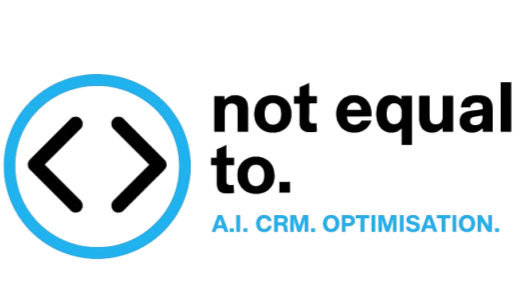The Future of AI in Marketing Automation: Efficiency vs. Individuality
AI is reshaping marketing automation at speed. What started as a collection of siloed tools — CRM systems, email triggers, analytics dashboards — is now converging into end-to-end ecosystems. Platforms like Google Cloud Platform (GCP) are at the centre, stitching together persona-based automation, CRM event triggers, performance analysis, and closed feedback loops.
On paper, this is the dream: one global tech stack that can ingest data, predict behaviour, and act in real time. But as these systems scale, a new tension is emerging — between automation efficiency and brand individuality.
The Rise of the Global Stack
Organisations are consolidating their marketing operations onto fewer, more powerful platforms. GCP, AWS, and Azure provide the backbone, while marketing clouds handle the orchestration of journeys, triggers, and customer data models. AI fills in the gaps:
Persona Automation: clustering customers dynamically instead of static segmentation.
Automated CRM Triggers: activating messages instantly based on micro-behaviours.
Performance Analysis: machine learning scoring campaigns in real time.
Feedback Loops: models that constantly re-train on new interaction data.
The result is an ecosystem that runs itself. Humans are still in the loop, but increasingly as consultants or overseers, not decision-makers.
What We’re Gaining
The benefits are obvious:
Speed — campaigns go live in hours, not weeks.
Scale — millions of customers handled with minimal manual input.
Consistency — journeys map seamlessly across channels.
Efficiency — less time wasted on manual testing, reporting, or segmentation.
This is why enterprise brands are embracing unified stacks. Efficiency translates into cost savings, and cost savings into shareholder confidence.
What We’re Losing
But something is slipping through the cracks: true personalisation.
AI-driven systems often fall back on averages of similarity. Customers are grouped into dynamic cohorts that look precise, but blur the individuality that once made brands resonate. Personalisation becomes predictive patterning rather than human-centred relevance.
And as tech stacks converge globally, brand expression risks becoming homogenised. If every company is using the same triggers, the same AI-driven optimisation, and the same models of success, then where does differentiation live?
The Future: Human + Machine
The next evolution in marketing automation isn’t just more AI. It’s a rebalancing of automation and creativity.
AI will handle orchestration: triggers, analytics, optimisations — the invisible plumbing.
Humans must own expression: creativity, narrative, cultural nuance, and brand voice.
Smarter feedback loops will need governance: deciding not only what works in the data, but what aligns with brand values.
In other words: the future isn’t just automation at scale. It’s automation with intention.
Final Thought
The global tech stack is powerful, but it risks pushing marketing into predictable sameness. The brands that will win aren’t those who automate the fastest, but those who learn how to let AI run the background while humans bring back the spark of individuality.
At Not Equal To, we believe the role of analytics is not just to optimise — but to ensure technology enables creativity, not erases it.
